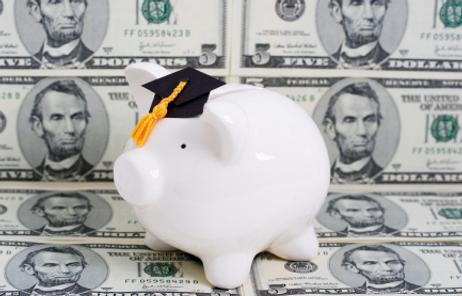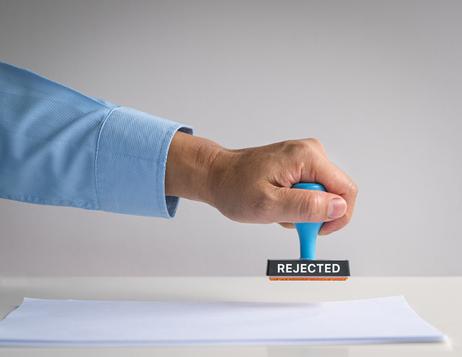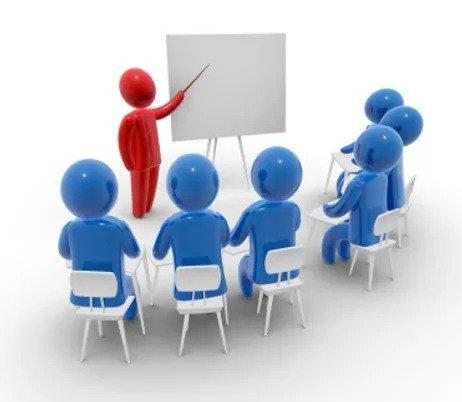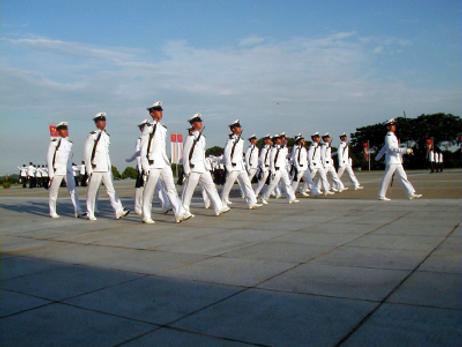Tuition at private schools ranges from $5,000 a year for primary grades in a parochial schools to over $60,000 a year for boarding school. Like the wide range of private schools available, the costs vary greatly for several reasons. Sound management and healthy endowments are two major reasons some schools seem to be able to offer more for less.
Remember: American private schools receive no state funding, yet they must comply with all the laws and regulations which affect their daily operation. Retrofitting older buildings with new technologies, maintaining extensive physical plants, coping with soaring health and liability insurance, legal, and energy costs are just a few of the factors which come into play in determining tuition fees. While private schools are theoretically exempt from property taxes, most of them make substantial contributions to their local towns and cities to help offset the cost of maintaining police and fire protection. The overhead at a private school is enormous and complex with all the attendant impact on fees.
There are a host of ‘extras’ which also must be factored into the cost of an American private school education. Text book and academic material fees, sports fees, clothing, uniforms, transportation to and from school, application fees – the list seems endless. Most schools will provide a breakdown of the ‘extras’ for you upon request.
Financial Aid
Financial aid for expats is generally not available. The assumption is that your company will pay for your child’s education as part of your


































